
AQM Taster Day
The ESRC White Rose DTP is delighted to invite you to an Advanced Quantitative Methods Taster Event, hosted and chaired by Professor Andy Bell.
The aim of this training event is to provide doctoral researchers with an introduction to a range of advanced quantitative methods and analytical techniques that are commonly used in social science. It will give participants the opportunity to identify methods relevant to their own research.
This Advanced Quantitative Methods training is compulsory for ESRC funded PhD research students who have just embarked on their first year of PhD study i.e.:
Students who are starting their PhD study on a +3 Scholarship in academic year 2019/2020 and students who completed their Master in Social Sciences Research in the 2018/2019 academic year who are now transitioning to their PhD study on a 1+3 Scholarship.
Speaker/ Organiser
Additional Speakers
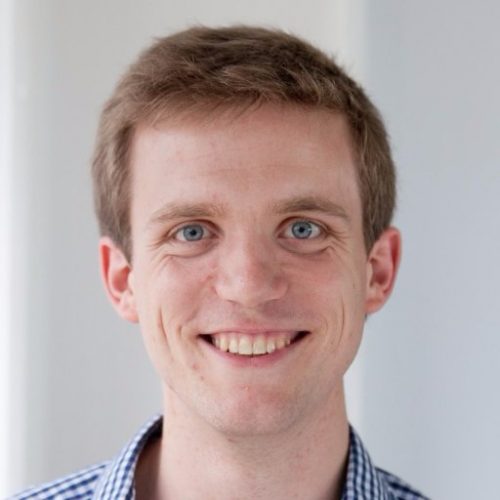
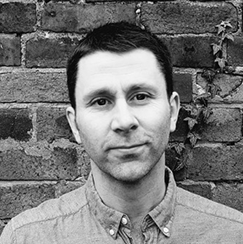
I’m a founding Editor of the interdisciplinary journal, Regional Studies, Regional Science, now one of the leading open access publications in the social sciences. I also led the project to digitise the Department’s JR James Archive, an urban image collection which has now been viewed more than 6 million times.
I have a PhD in urban and regional policy from the University of Liverpool (2007), an MA from The Ohio State University (2003), and a BA (Hons) from the University of Strathclyde (2001).
have led and worked on a wide variety of funded research for partners such as Google, the Bank of England, Rightmove, the Royal Town Planning Institute, Trainline, the Department for Education and the Joseph Rowntree Foundation. I have extensive experience in the analysis and visualisation of large datasets and my work regularly appears in media outlets, such as The Independent, WIRED, the BBC, The Economist, and the Huffington Post.
My most recent research has focused on: i) understanding housing markets through the use of large internet search datasets, in collaboration with data partners at Rightmove; ii) understanding and visualising commuting and migration patterns, particularly through the use of community partitioning algorithms and cloud computing; and iii) understanding neighbourhood-level socio-economic phenomena, such as deprivation and mortgage lending patterns.
I take a multi-platform, portfolio approach to research dissemination, so in addition to traditional academic papers, I also write pieces for publications such as The Conversation, The Guardian and CityMetric.
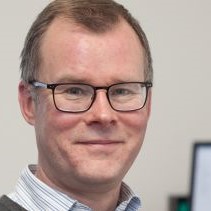
During his time at ISER, Mark worked on a mix of academic research and policy-related projects for government departments and other organisations. He also worked on the Understanding Society panel study and taught panel data methods both at MSc level and as part of the Essex Summer School in Social Science Data Analysis.
Mark joined Sheffield as a Reader in Economics in September 2015. As of 2016, he is Director of Postgraduate Taught Programmes.
Mark’s research interests centre on labour and household economics, statistical methods and micro-econometrics, and wellbeing. He has worked on topics such as flexible work, the impact of housework on wages, the minimum wage, the gender pay gap, pension saving and training. Ongoing work includes studies of couples’ responses to the recession, the coordination of their work schedules, and the impact of work identity and hours of work on subjective wellbeing.
Mark is a theme co-lead at the Work, Learning and Wellbeing evidence programme of the What Works Centre for Wellbeing. The Centre reviews existing evidence and carries out original research in order to advise the government, voluntary and business sectors on the most effective ways to increase levels of wellbeing in the population.
Additional Speakers
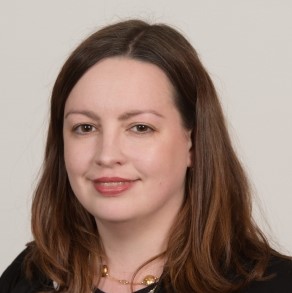
Through her previous work with AQMeN, she was involved in statistical modelling for different social science application areas including housing and criminology. In addition to this she has been involved in modelling educational testing and forensics data as well as disease mapping. She has also presented extremely successful short courses in the past for social scientists on the topics of cluster analysis, social network analysis and multivariate modelling.
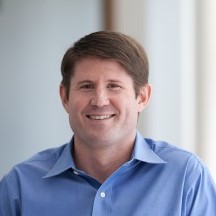

He was supervised by Prof Felix Reed-Tsochas for a DPhil in Sociology with the Complex Agent-Based Dynamic Networks (CABDyN) Group at Oxford University and his thesis modeled week level geographic growth and decline of an early digital social network spanning three decades.
Alongside he has contributed to open source software development, most notably the python web framework Django, and hopes to study the dynamics of creativity across different forms of art, expanding from a project on collaborative visual design to improvisation in jazz and theatre.
Please see below for full programme
Students are responsible for arranging travel to and from the All Cohort Training sessions. You will be reimbursed for reasonable travel expenses upon presentation of original receipts/tickets (no photocopies or credit card receipts will be accepted) and completion of the relevant expense claim form/process via your Department/School. We cannot reimburse travel costs for students in their writing up/overtime year.
Hourly Schedule
AQM Taster Day Schedule
- 10.30am - 11.00am
- Coffee and registration
- 11.00am - 11.20am
- Introduction
- Andy Bell, Sheffield Methods Institute, Advanced Quantitative Methods Director
- 11.20am - 11.50am
- Mapping Data
- Alasdair Rae, Professorial Fellow, Urban Studies and Planning, University of Sheffield
- 11.50am - 12.20pm
- Multilevel Models
- Andy Bell, Sheffield Methods Institute
- 12.20pm - 12.50pm
- Causality
- Mark Bryan, Reader in Economics, Department of Economics, University of Sheffield
- 12.50pm - 1.50pm
- Lunch and Networking
- 1.50pm - 2.20pm
- Latent Variable Models
- Nema Dean, Senior Lecturer, School of Mathematics and Statistics, University of Glasgow
- 2.20pm - 2.50pm
- Structural Equation Models
- Todd Hartman, Senior Lecturer in Quantitative Methods, Sheffield Methods Institute, University of Sheffield
- 2.50pm - 3.20pm
- Social Network Analysis
- Griff Rees, Research Associate, Sheffield Methods Institute, University of Sheffield








